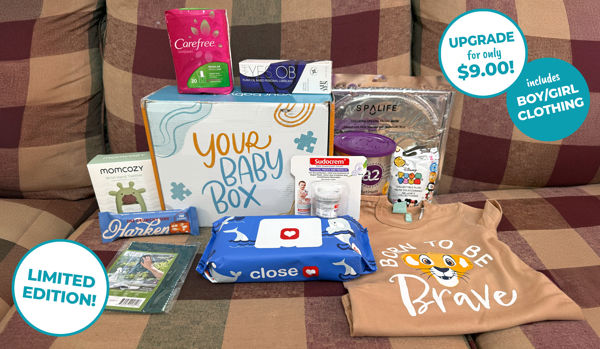Not all games need to involve different toys to support development!
Engaging your baby in age-appropriate games is an excellent way to support their development. Each month brings new milestones, and games can help reinforce these skills while providing fun interaction between you and your baby.
0-2 Months: Sensory Games
In the early months, focus on sensory stimulation. Simple games like “Face Time” involve holding your baby close to your face and making gentle sounds or exaggerated expressions. Babies love to study faces and will start to mimic movements and sounds. You can also use contrast cards to stimulate their vision. Hold black and white or brightly colored images a few inches from their face, allowing them to focus on different shapes and patterns, supporting early visual development.
Another great option is tummy time. Lay your baby on their tummy while softly stroking their back or placing a mirror in front of them. This encourages them to lift their head and strengthens their neck and back muscles, a key precursor for motor skills like rolling over.
3-6 Months: Interactive and Grasping Games
As your baby becomes more alert and starts to grasp objects, incorporate games that encourage interaction and coordination. “Reach and Grab” is ideal during this phase. Lay your baby under a play gym or mobile, allowing them to bat at hanging toys. This helps refine their hand-eye coordination and motor skills. Another favorite game during this period is “Shake, Rattle, and Roll”. Using soft rattles or musical toys, shake them near your baby to prompt them to track the sound and reach out to grab the toy.
A popular fun activity is “Peek-a-Boo”, which reinforces object permanence—the understanding that things continue to exist even when they’re not visible. Cover your face with your hands or a cloth, then reveal yourself, making it a playful surprise each time. Babies around this age love the thrill and predictability of this game.
7-12 Months: Movement and Exploration Games
By this age, your baby is likely crawling, pulling up, and even taking early steps. Movement-based games will keep them active and stimulate both gross and fine motor skills. “Crawl Chase” is a simple but effective game where you crawl on the floor with your baby, encouraging them to follow you. You can enhance this game by placing a favorite toy just out of reach, motivating your baby to move toward it.
For fine motor development, “Stacking and Sorting” games are excellent. Provide your baby with soft stacking rings or large blocks to encourage building and knocking down towers, helping refine their coordination and understanding of shapes and sizes. Additionally, “Where’s the Toy?” is a fun hide-and-seek game that introduces early problem-solving. Hide a toy under a blanket and encourage your baby to find it, helping them develop memory and cognitive skills.
12 Months and Beyond: Problem-Solving and Early Imitation Games
As your baby approaches their first birthday, their curiosity and problem-solving skills will flourish. “Copycat Play” becomes a favorite game as they begin to mimic simple tasks you perform. Give them a safe object like a spoon or soft toy and encourage them to “copy” your actions. You can also introduce “Building Blocks” or “Simple Puzzles” to challenge their growing problem-solving abilities.
Engage in active play with “Follow the Leader”, where you walk, dance, or crawl around, and your baby mimics your movements. This game not only promotes movement but also enhances imitation and social interaction.
By tailoring games to your baby's developmental stage, you can make playtime fun while supporting their cognitive, motor, and sensory growth!

